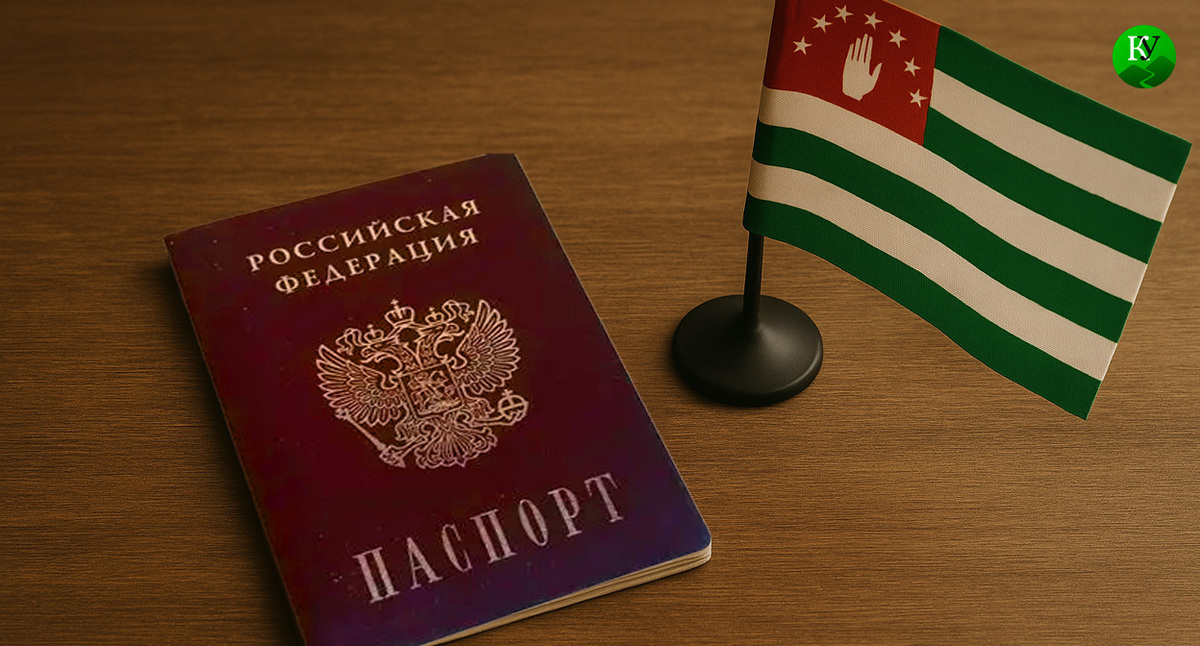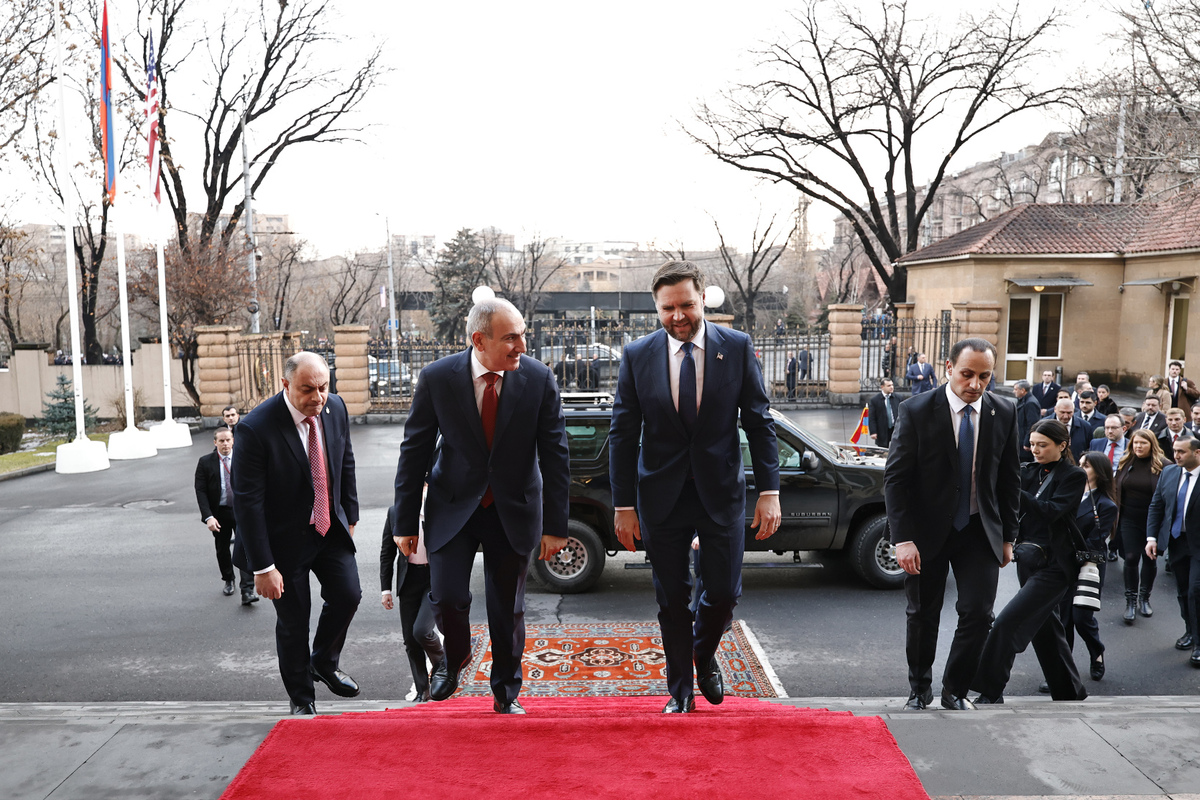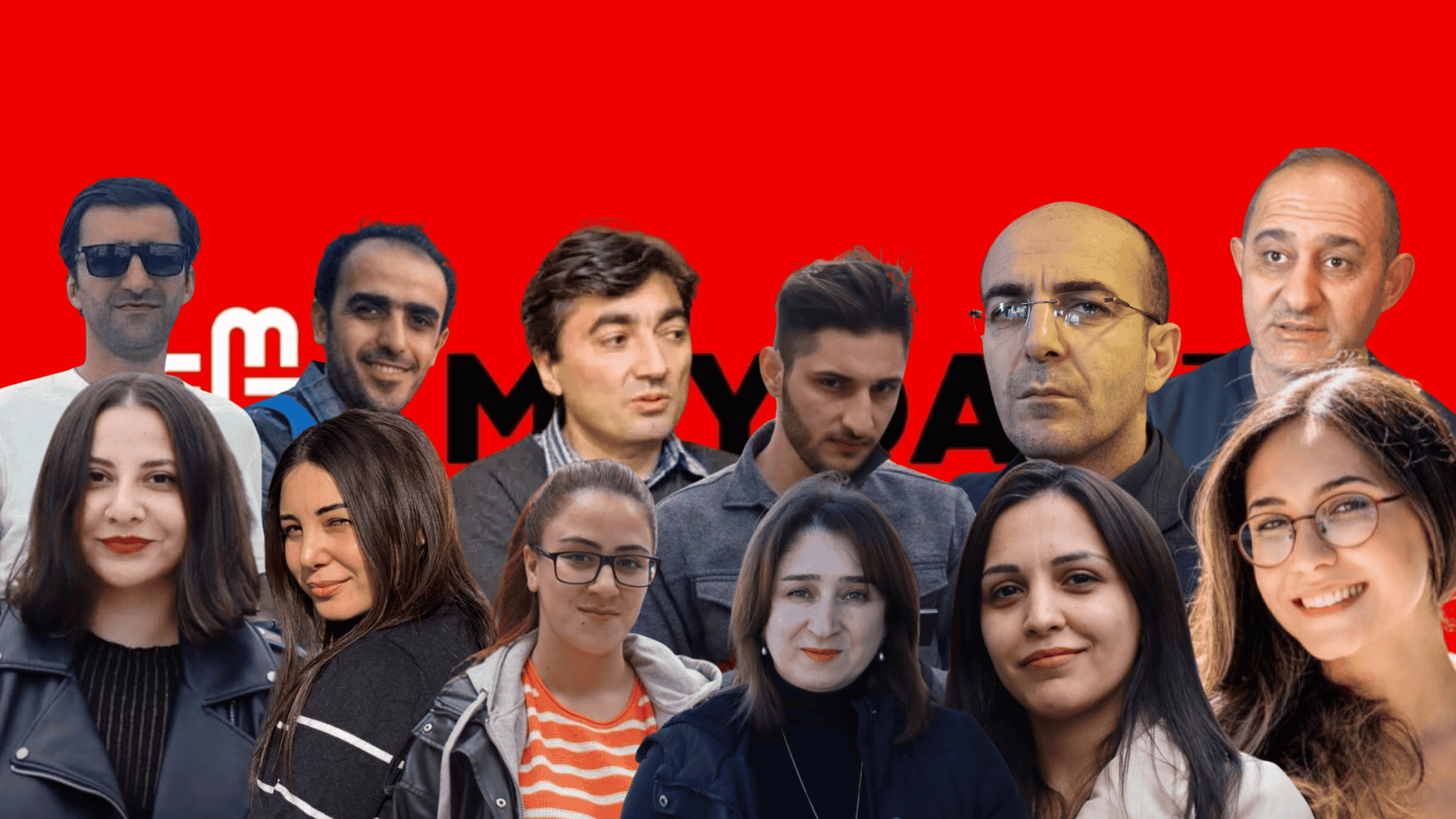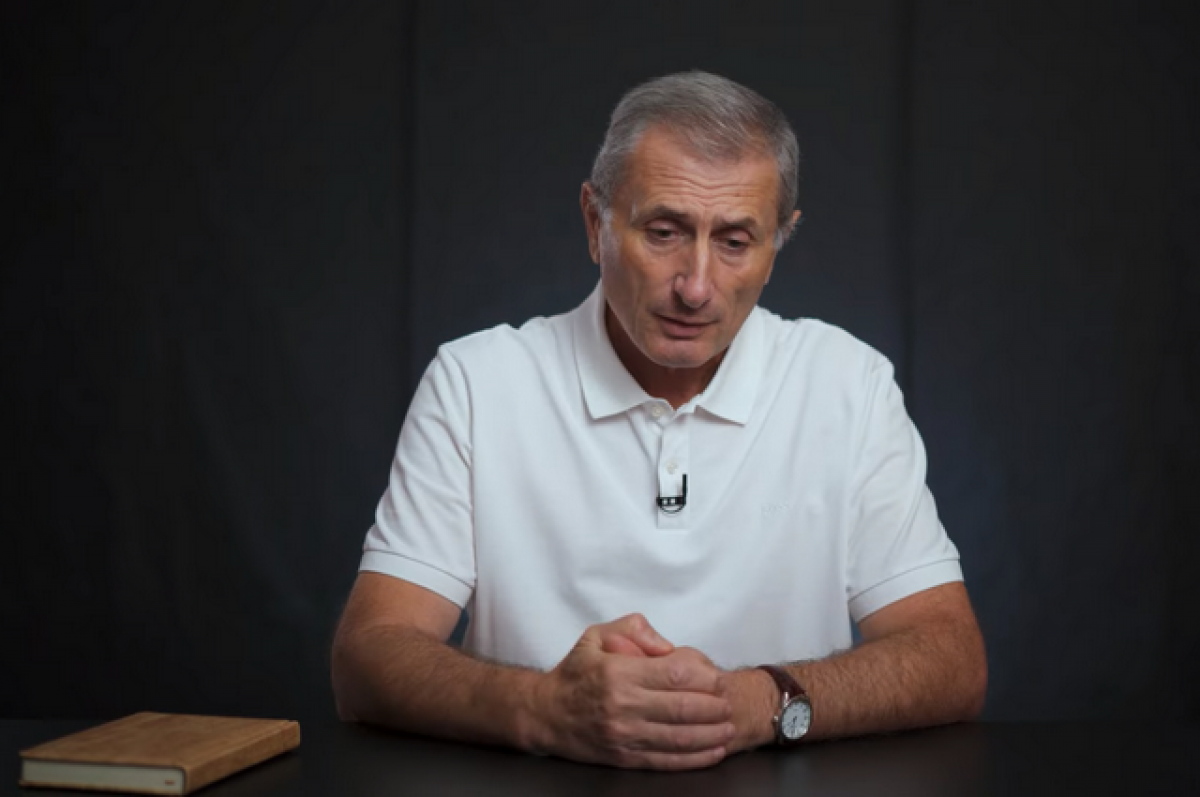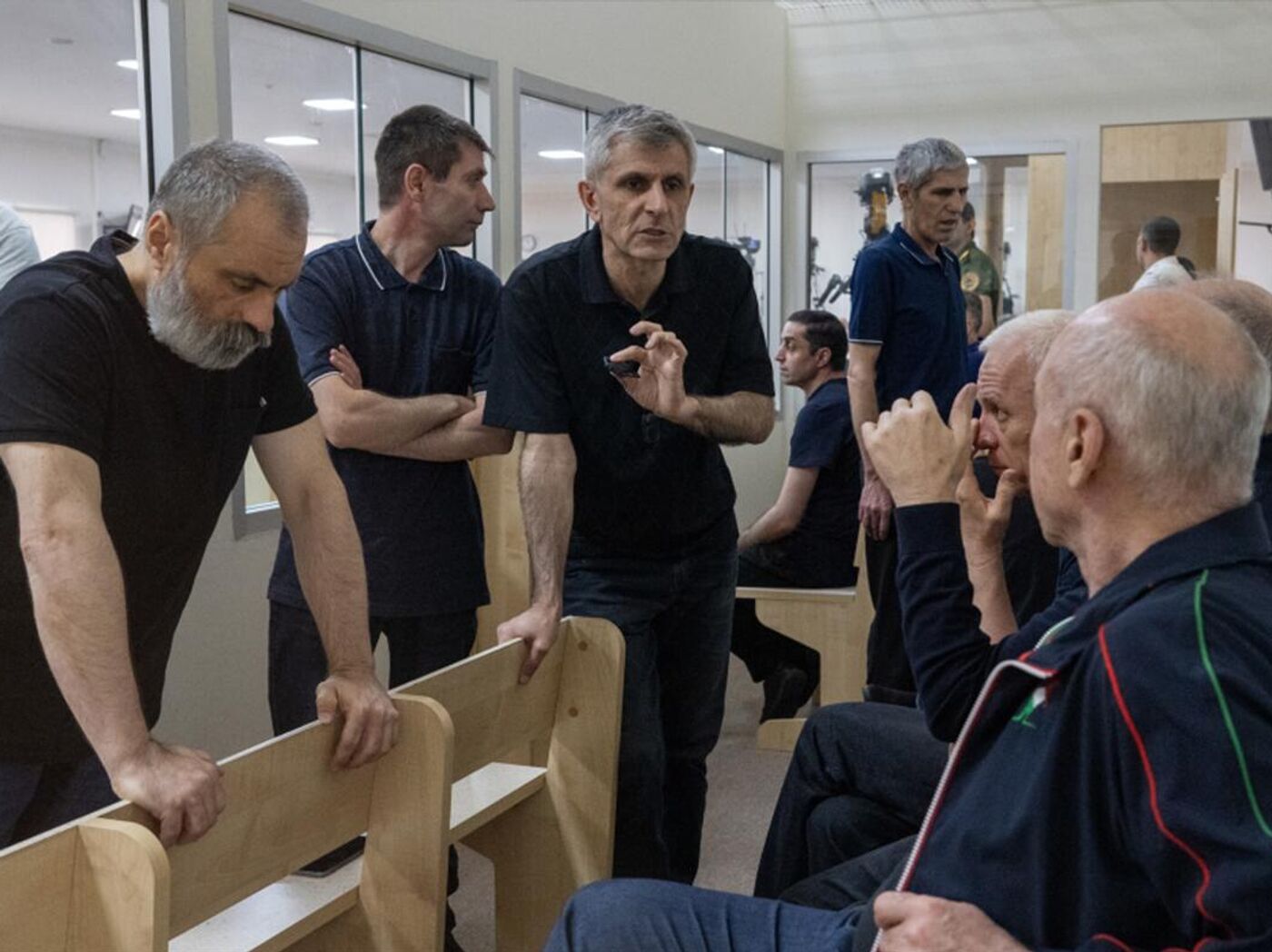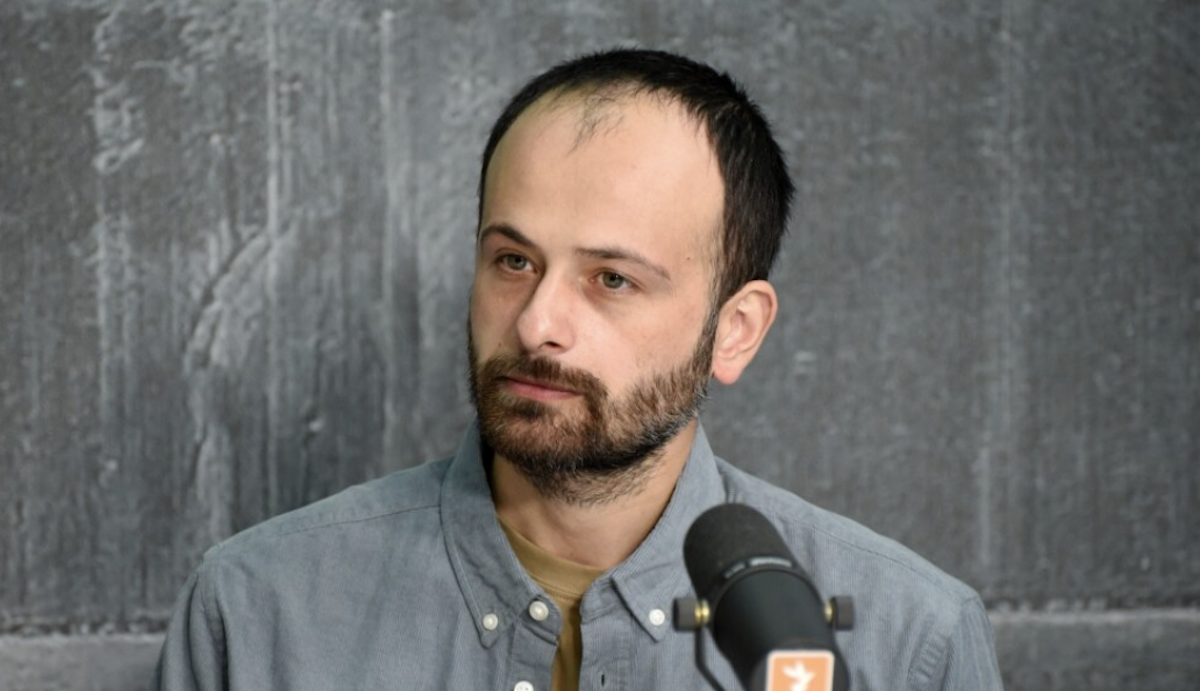Diana Petriashvili, Tbilisi
It seems that there is a certain age limit, that once reached, people become nostalgic for the ‘golden age’.
I don’t know how it is in other places, but in our part of the world the ‘golden age’ commonly refers to the Soviet Union times. As for the average age of those who are nostalgic, they are usually people aged 40 and over.
Earlier, when our parents were 40, there was nothing surprising about that – who else should get nostalgic besides them?
Whereas now, the children of the ‘perestroika’ have turned forty. They weren’t around for the times when a normal ticket to Moscow cost 37 RUB. Therefore, their affection for the Soviet Union is a bit confusing.
Present-day quadragenarians are praising ‘Sove’ – i.e., finding some ‘objective pros’, neither denying the Gulags nor trying to justify them.
And, in their opinion, the most ‘objective’, the most beneficial of these ‘objective pros’ was the education system.
In other words, there are the people who still consider Soviet schools and kindergartens to be the best in the world. And I’m astonished every time I hear that.
The education that citizens, who were part of this system, were, if lucky, endowed with, was in reality a by-product. It was equivalent to slag or trash, carelessly dropped at one’s feet, as if to say: take it just in case you might need it.
The real purpose of the system was to work on the ordinary citizen, bringing him/her up to the mark. The system was tasked to turn everyone, including the little ones, into obedient soldiers, loyal to certain ideals and not accepting others.
Since toddlerhood one was indoctrinated to love Grandpa Lenin and hate Americans and, alongside these ‘valuable’ skills, were taught to quickly count from one to twenty and recognize the letters from the native alphabet.
The system did not care much whether it punched one’s lights out, inflicted injuries, maimed or killed – there were plenty of citizens and no one calculated the losses.
My acquaintance, who was a psychologist, once shared with me, as he put it, the most unacceptable experiment he had ever heard of, which one of his patients had been subjected to as a kindergarten pupil.
The teachers in this kindergarten practiced ‘the silence game’: children were forced to sit for hours without uttering a single word.
Then I told him about my kindergarten experience: it was forbidden to go to the WC. It was closed at a certain time of the day and children were expected either to hold it in or pee their pants.
I also can recall an acquaintance of mine who was subjected to ‘public nuding’ because she dared to wear black nylon pantyhose at school. She was made to ‘line up’ before the whole school and forced to take those pantyhose off…
Probably everyone remembers the compulsory retraining of lefties? My classmate’s left hand was tied up her – for purely good intentions, since it was necessary for her to get used to writing with her right hand, like all Soviet schoolchildren did.
And everyone remembers the well-known division of the class into the ‘strong’ and ‘weak’. We had it the very first week in our first grade and the children, once termed as ‘weak’ by a Soviet teacher, had this label until their graduation. However, an honored Soviet teacher did not limit herself to just this and called one of her students ‘mentally retarded’ just because the child needed a speech therapist. Needless to say, this ‘title’ stay with him for many years to come.
Say nothing of the physical violence that was regarded as the norm: children were battered with pointers, rulers and bare fists; their hair was pulled and ears twisted, and that was considered a legitimate part of the educational process.
First-graders were taken sightseeing to the school bomb shelters, shown where they were located in case of a nuclear attack. A six-year old child was told in detail about all possible scenarios that could befall upon him if the
‘bad’ Pentagon pulled some stunt.
Today’s society, which is far from being perfect, would absolutely rightly perceive all these experiments, punishment and pedagogical approaches as torture.
I would like to add that there is not a jot of fiction in the aforementioned examples; they are all documented, and I would be happy to present the numbers of the kindergartens and schools, as well as the names of the directors, teachers and educators.
It would be wonderful if these glorious Soviet humanists could be held accountable for all the wet panties, torn pigtails and crippled lives.
These people should be judged for war crimes, shouldn’t they?
Published: 16.05.2016













